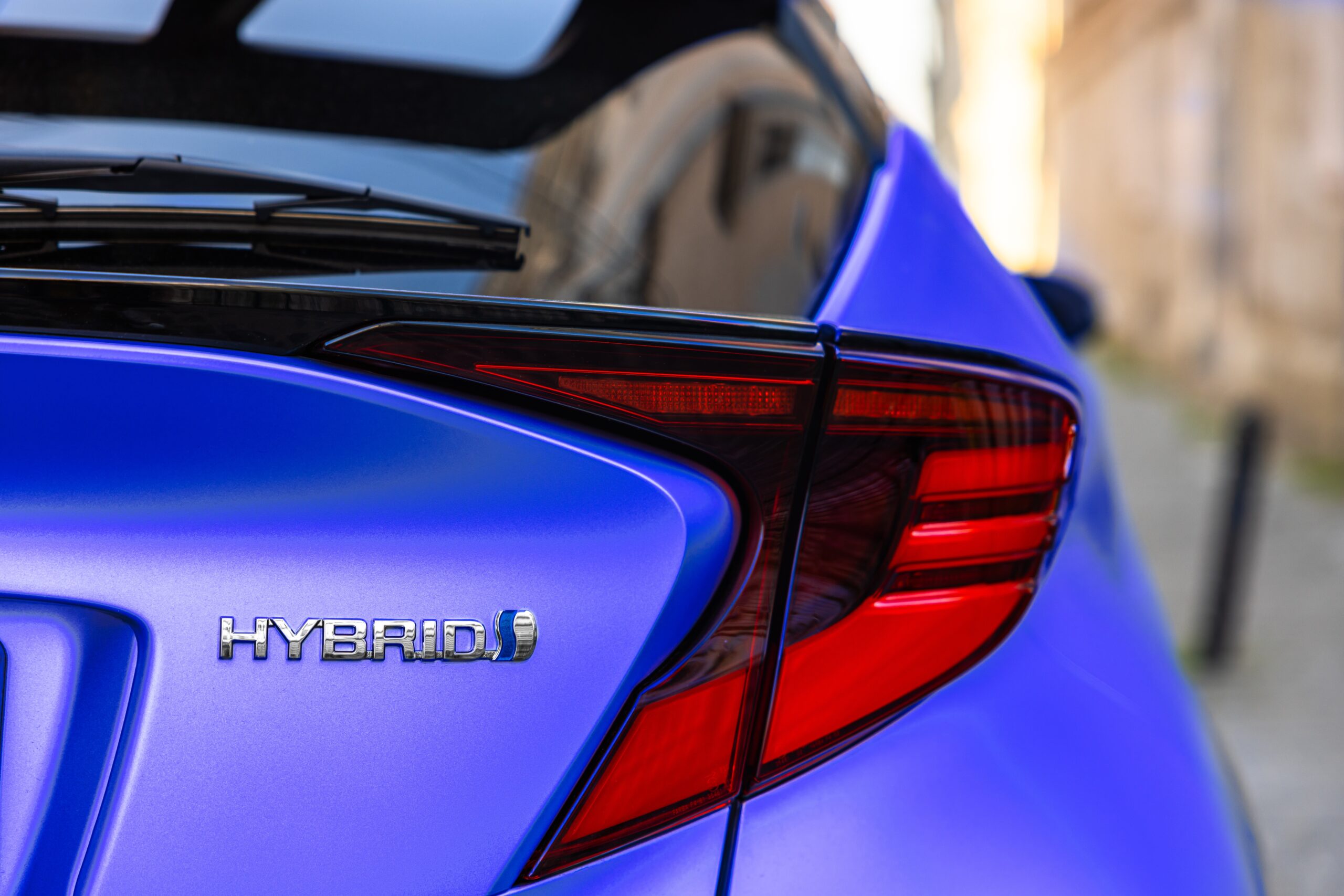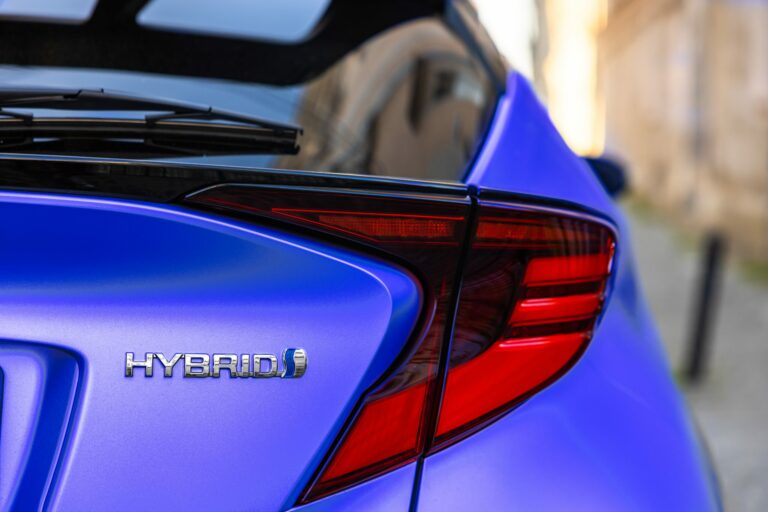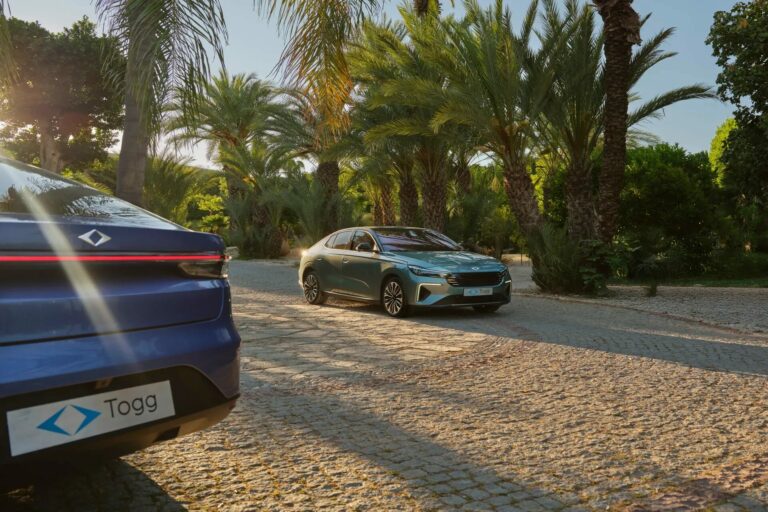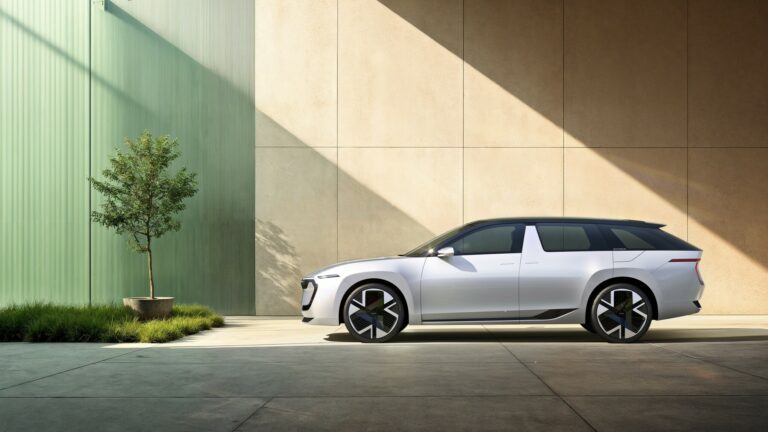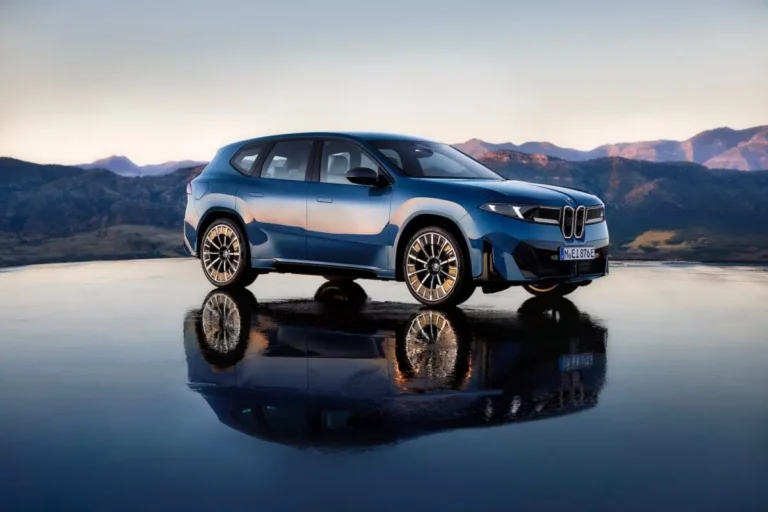Plug-in hybrids, long touted as the ideal gateway to electric mobility, are once again under fire. A recent study by the NGO Transport & Environment (T&E) claims that they emit on average five times more CO2 than official tests claim. All the more reason to reopen an already lively debate about these vehicles, which are so popular with company fleets.
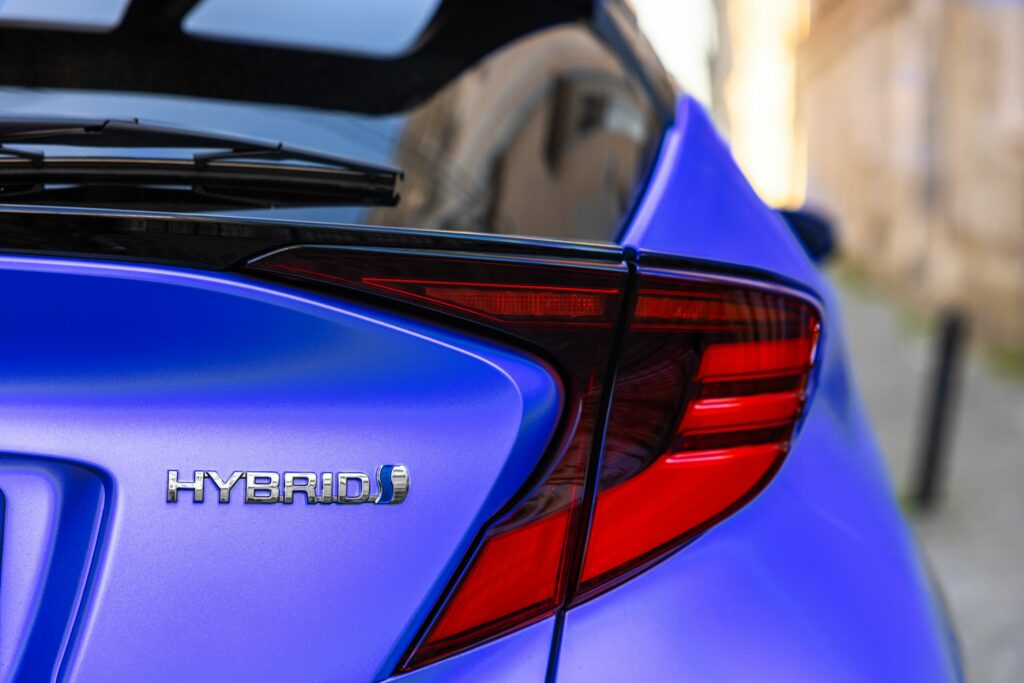
Some disturbing figures
According to T&E, analysis of 127,000 vehicles registered in 2023 reveals actual emissions of 139 g/km, compared with just 28 g/km on paper. The discrepancy stems from the calculation of the WLTP standard, which assumes that PHEVs are driven 80% of the time in electric mode. In practice, this figure drops to 26%. As a result, the combustion engine is used much more often than expected.
Criticism but also nuances
The NGO denounces a greenwashing strategy and calls on Brussels to correct the rules from 2025. The car industry, on the other hand, is defending PHEVs as an essential transitional solution. For Christophe Périllat, head of Valeo, these models remain useful until the electric market is fully mature. In his view, increasing the electric range of hybrids to 100 km would already cover most everyday journeys.
A political battle ahead
It’s not just a technical issue. Carmakers want to make the targets for 2035, the date set for the end of combustion engines, more flexible. Brussels will have to make a decision at the strategic dialogue on 12 September. Discussions between NGOs, manufacturers and the European Commission are likely to be tense.
Towards other alternatives?
At the same time, a number of players are exploring the use of range extenders, which are already popular in China. This technology, which recharges the battery via a small internal combustion engine, could represent a compromise. However, there are still too many risks associated with the use of combustion engines.
The controversy surrounding PHEVs illustrates the challenges of the transition. While their limitations are now clear, pure electrics remain the most credible option in the long term.

